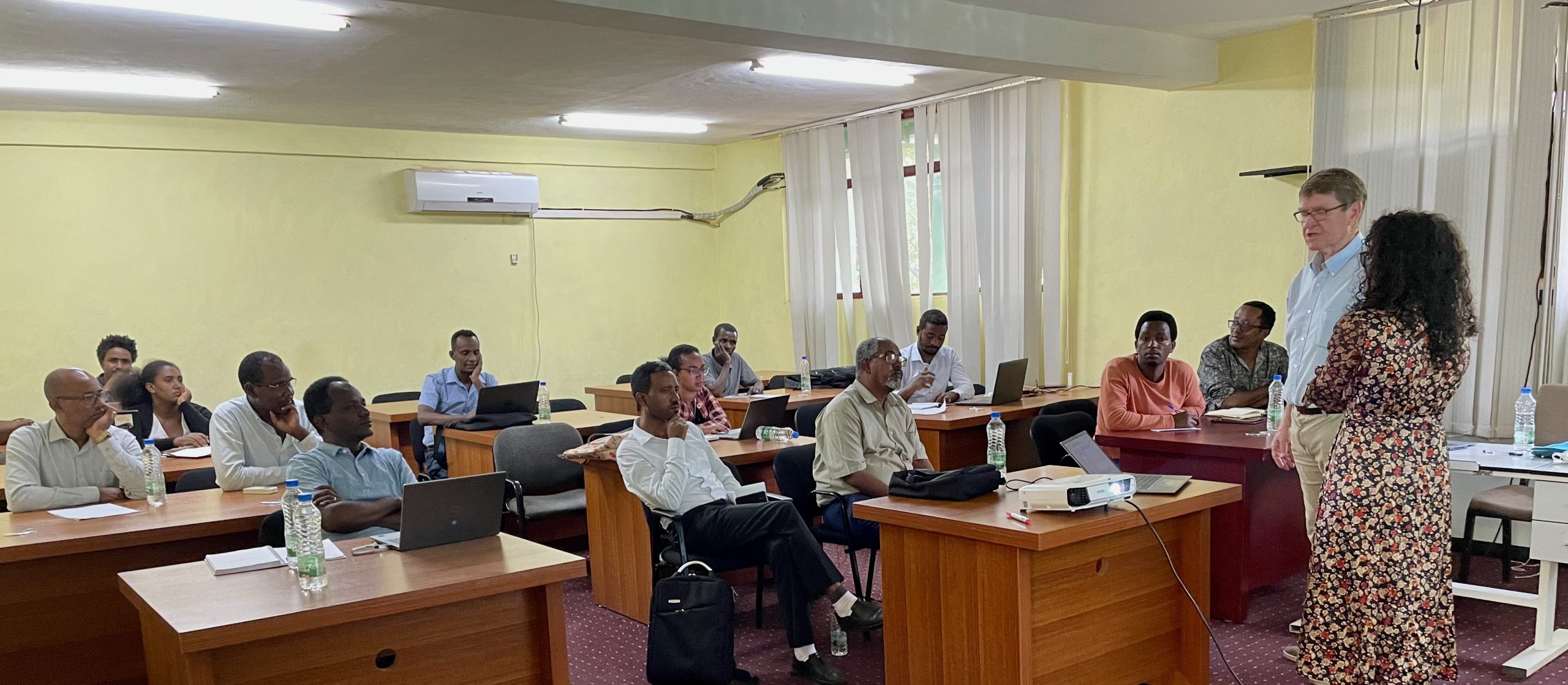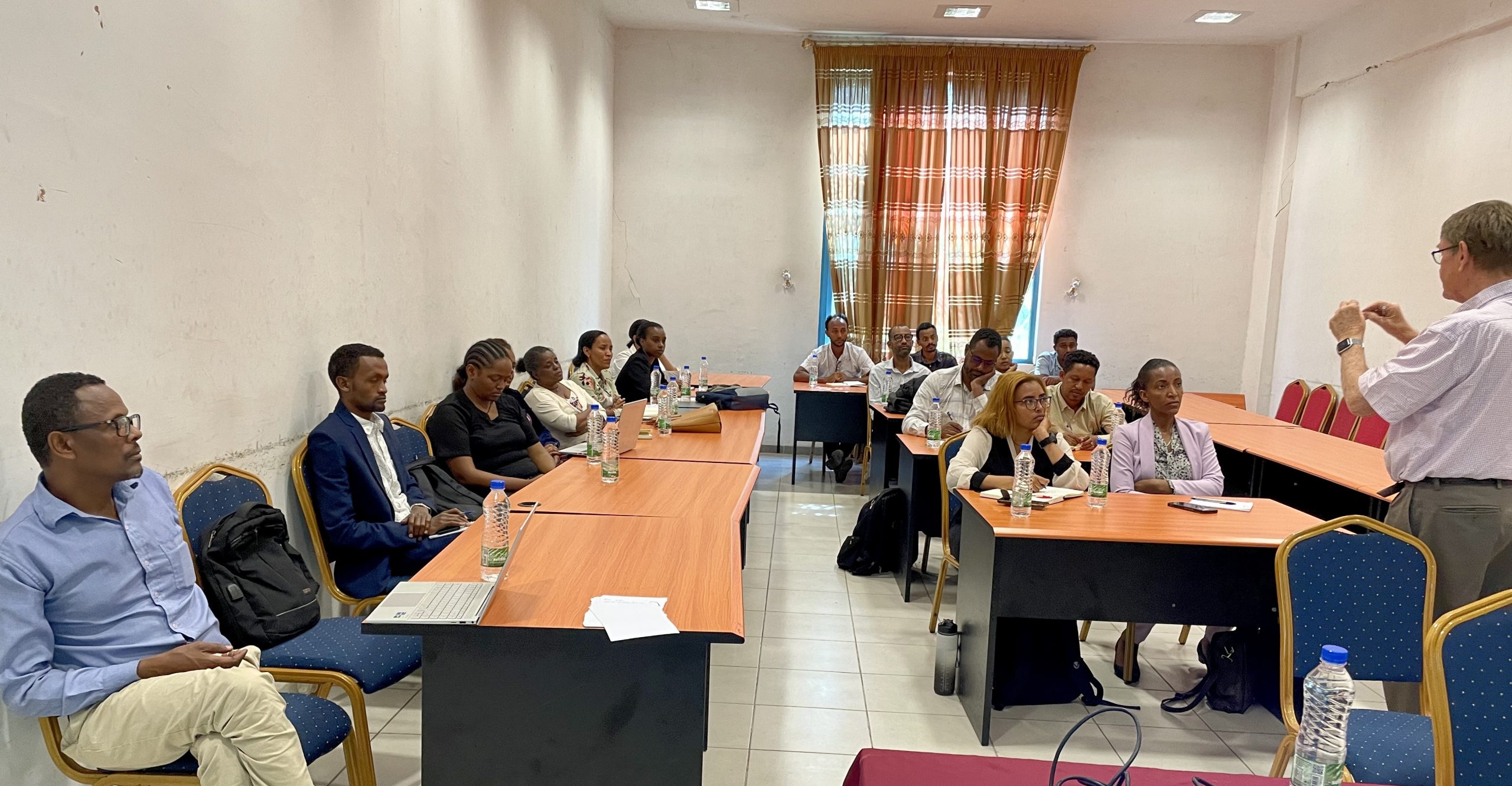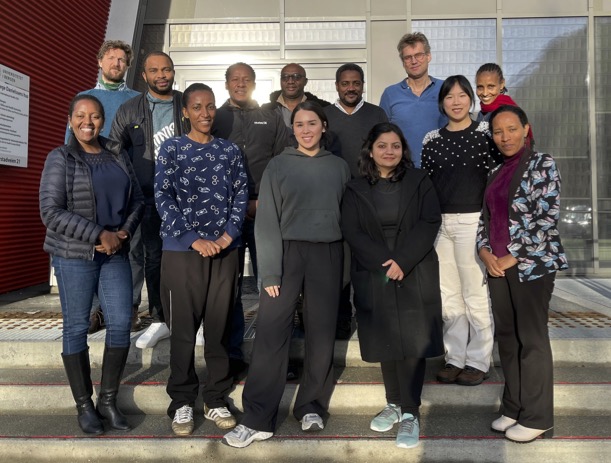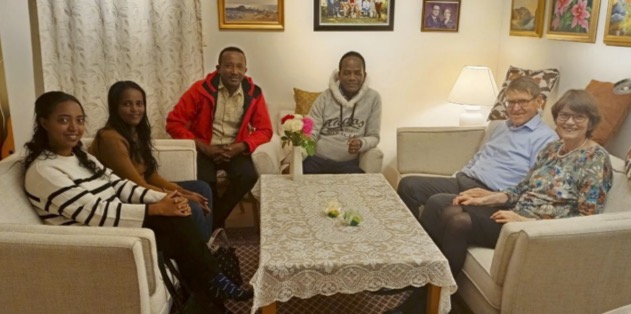One of our project aims is to strengthen Ethiopia’s health system. Here is an example of how this is done in malaria control.
Our collaboration with the Ministry of Health began by establishing the Master’s Programme in Medical Entomology and Vector Control in 2014. The first cohort included three health professionals from different districts. One joined the Ethiopian Public Health Institute, while the other two returned to their respective districts to strengthen the health system, particularly in controlling malaria and other vector-borne diseases.
The second cohort was diverse, with 11 members, seven of whom belonged to the public health sector. Three worked at the Ethiopian Public Health Institute, two at the Armauer Hansen Research Institute, one at the regional malaria elimination programme, and the other at the district-level vector control programme.
The third, fourth, fifth, sixth, seventh, and eighth cohorts consisted of 4-5 individuals each, with members from different institutes and organisations working to control and prevent malaria and other vector-borne diseases.
In the third cohort, two of the four members joined the Armauer Hansen Research Institute. The fourth cohort was the largest, with 13 candidates, nine working in the health system at various levels. These candidates are associated with organisations such as the MOH National Malaria Elimination Program, the Ethiopian Public Health Institute, Zone, district malaria, and other vector-borne disease control units.
The fifth cohort had five individuals, with one person from the health sector. After completing their studies, they returned to the district office to work.
The sixth cohort also had five members, including one from the Regional Public Health Laboratory Institute. This institute’s primary objective is to monitor the quality of diagnoses made by other regional institutes. The project work of this cohort was in line with the institute’s aim to evaluate the quality of malaria diagnostics.
The seventh cohort also had five individuals, one from the Regional Public Health Laboratory Institute. Like the sixth cohort member, they also did a project on the challenges of malaria diagnosis.
The eighth cohort had four individuals, two of whom were from the National Institute of Tsetse Control Programme. This institute plays a crucial role in improving animal health in the country. One member of the first cohort and another from the fourth cohort also work at this institute.
Finally, the ninth cohort had four individuals, one from the health sector.
The Norhed-Senuph project provided uninterrupted support to these nine cohorts, producing a skilled workforce that now holds crucial positions in national, regional, zone, and district disease control and prevention programs. These graduates are making remarkable contributions to the nation’s health sector, particularly in controlling malaria and other vector-borne diseases.

 During the last two weeks of May, the Senuph PhD and master’s students, supervisors, and coordinators from Ethiopia and Norway met in Arba Minch and Hawassa.
During the last two weeks of May, the Senuph PhD and master’s students, supervisors, and coordinators from Ethiopia and Norway met in Arba Minch and Hawassa.





